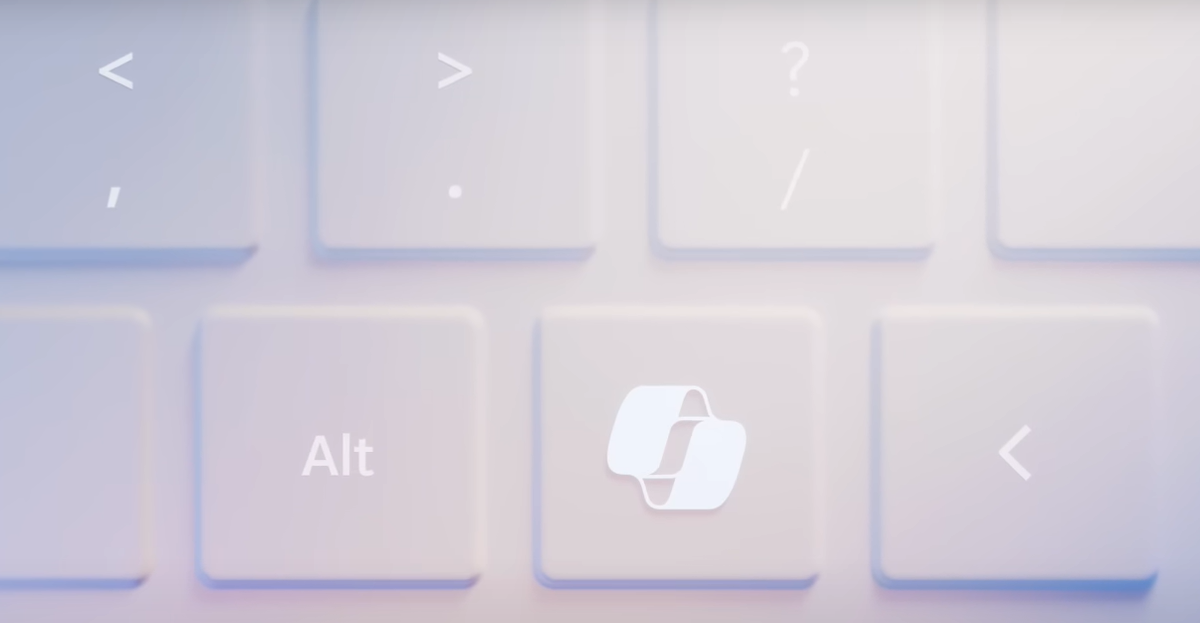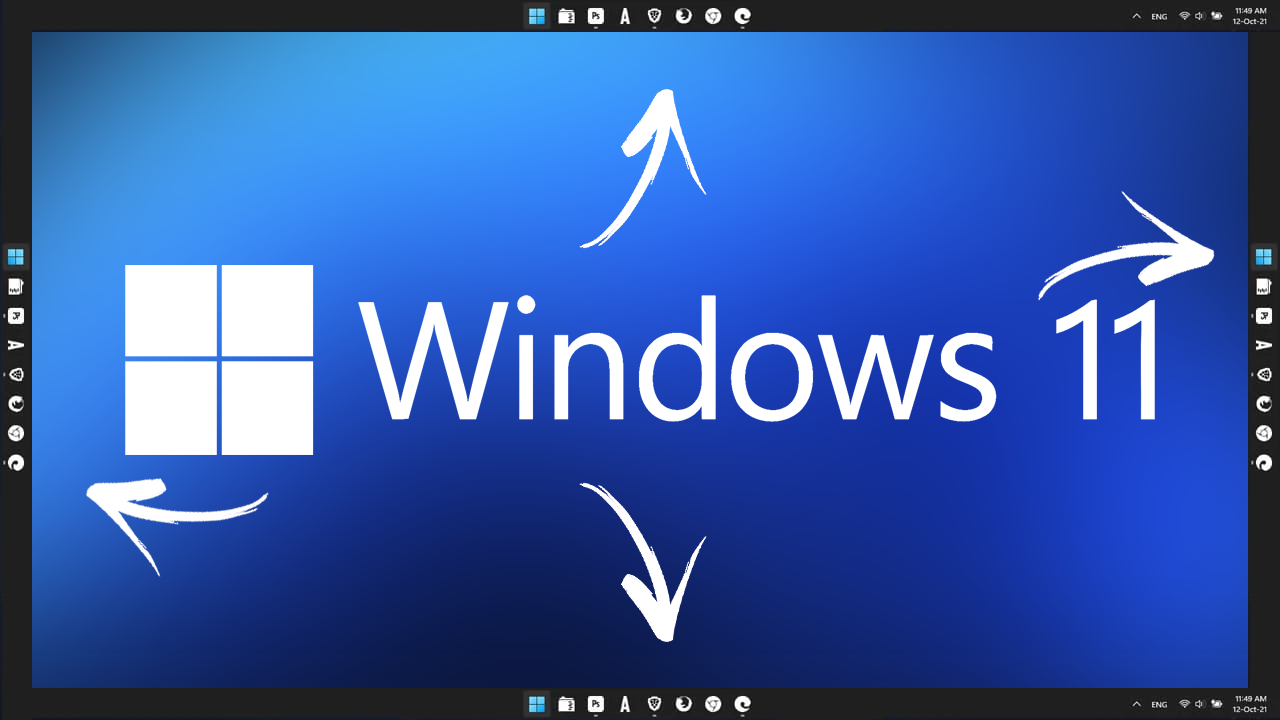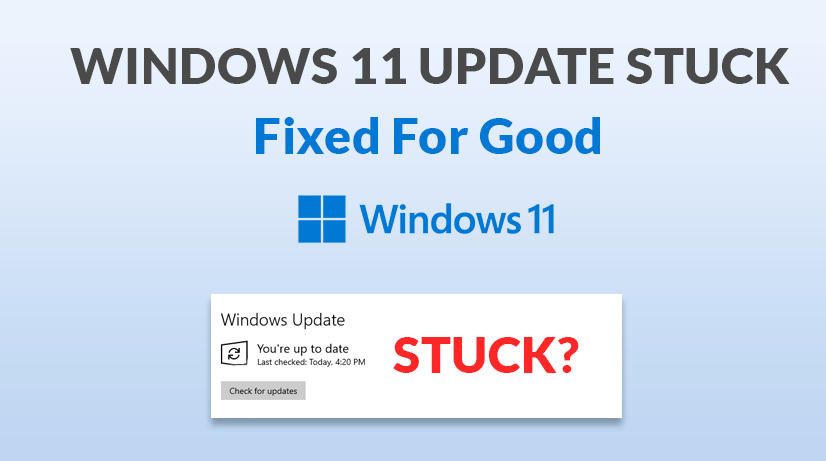Microsoft sheds light on Windows 11 version 23H2

Microsoft plans to release Windows 11 version 23H2 later this year. The update will be a smaller feature update release, which offers advantages and maybe also some disappointments for users of the operating system.
When Microsoft released Windows 11, it let everyone know that it would release one feature update per year for the operating system. While the company is still holding on to the concept, it changed things around with the release of the first feature update for Windows 11, version 22H2.
The main change added smaller feature drops, called Moments Updates internally, to the release schedule. Microsoft released three of these updates so far, see Moments Update 1, Moments Update 2 and Moments Update 3 for information on those, and plans to release at least one additional smaller feature update before the end of the year.
With new features being pushed throughout the year to Windows 11 devices, major feature updates lose one of their main rights to exist.
Windows 11 version 23H2 will be pushed out to user systems as an enablement package therefore. Windows users who ran Windows 10 previously may remember these already, as the last updates for Windows 10 were all enablement packages. Speaking of which, Microsoft's stance on Windows 10 still stands: the operating system won't receive any more feature updates going forward until its death -- end of servicing -- in October 2025.
One of the advantages of these is that the update installs much quicker and that there is less room for error. Windows 11 version 22H2, the current version of Windows 11, and Windows 11 version 23H2, the soon-to-be-released version of Windows 11, share the same servicing branch and code base.
Microsoft employee Jason Leznek reveals that the company plans to release Windows 11 version 23H2 in the fourth quarter of 2023. Administrators may then deploy the new Windows update via Windows Server Update Services, Windows Update for Business, or Windows Autopatch.
Home users will see the update in Windows Update, which they may access via Start > Settings > Windows Update. A click on "check for updates" may be required to get it listed as an update for installation on the device.
Closing Words
With Windows 12 looming on the horizon already, is Windows 11 sharing the fate of Windows 10? While Windows 11 will continue to receive Moments Updates, it is certainly possible that Microsoft plans to keep the codebase and servicing branch throughout the operating system's lifespan, to make the next big jump with the release of Windows 12 next year.
Microsoft has yet to formally announce the next major version of Windows and it probably won't for some time.




















“Microsoft has yet to formally announce the next major version of Windows [12?] and it probably won’t for some time.”
Unfortunately, much like Fermi’s Paradox, there is an absence of clear evidence for MS Windows 12.
What to make of the “the discrepancy between the lack of conclusive evidence of an advanced Windows OS, perhaps named Windows 12 w/ a codename of ‘Hudson Valley’, and the apparently high likelihood of its prototypical existence?”
https://www.windowscentral.com/software-apps/windows-11/windows-12-ai-new-ui-features-and-everything-else-we-know-so-far
[The author claims to have some super-intelligent “inside” resources for reliability; still, it’s all rumor and fantasy.]
“PC Mag” goes so far as to call the yet to be announced visions of grandeur “credible leaks, rumors, and other [significant] indicators.” A credible rumor? Hmmm . . . .
1. A “perfect, everybody is happy with Windows OS” has never been the goal of MS. In fact, it is in the best interest of MS to continue developing/producing an OS that is inadequate in some predictable way. Planned obsolescence comes to mind.
“Intelligent alien species have not developed advanced technologies”:
2. MS has neither the talent nor the advanced technologies necessary to produce a version of Windows that pleases 99% of the user base.
“Alien life may be too incomprehensible”:
3. Creating an OS that actually meets the needs/wants of 99% of a user base is “incomprehensible” to the MS developer community.
“Colonization is not the cosmic norm”:
4. A full-functioning, all the boxes are ticked OS, is not the business norm. As mentioned, should a business produce an OS variant that is, in a practical sense, perfect, it would no longer stay in business.
“Alien life is already here, unacknowledged”:
5. Finally, the perfect Windows OS has already been produced and is being used by millions/billions of users around the globe, but it is the nature of “users” to complain–regardless.
(?´?`?)
What are you on about… seriously. From the outside this just looks like mad ramblings.
“MS has neither the talent nor the advanced technologies necessary to produce a version of Windows that pleases 99% of the user base”
Because MS user base is so vast, it is by definition going to be impossible to please everyone, here’s an example: lots of users want features, so you add them all in, then you will upset the users that was a lightweight OS, etc, etc.
Linux distro makers can easily please 100% of their userbase because the three people that are interested in the OS are happy with it, much easier target to hit. To say that MS has no talent (or had, historically) is foolish, they have clearly made many great products that blow the rivals out of the water.
“it is in the best interest of MS to continue developing/producing an OS that is inadequate in some predictable way”
It’s actually not – if an OS is inadequate in many different ways, eventually users will be forced to look at alternatives, sure, corporate workspaces may be more trapped, but end users would definitely pack their bags and go elsewhere if the OS was truly inadequate for their needs.
“A full-functioning, all the boxes are ticked OS, is not the business norm”
How is it not? In a capitalist world, you have supply and demand, the features that most want/need will be included, specialist ones may be extra add ons or might need slightly different OS (server version of OS, for example) due to being more niche. Is there something wrong with this system?
Let’s go back to 2010-11, and use Windows 7 Ultimate as an example (I have experience with that one…), tell me, which boxes did that OS fail to tick, and in what ways was it inadequate? Because I find your claims hard to believe.